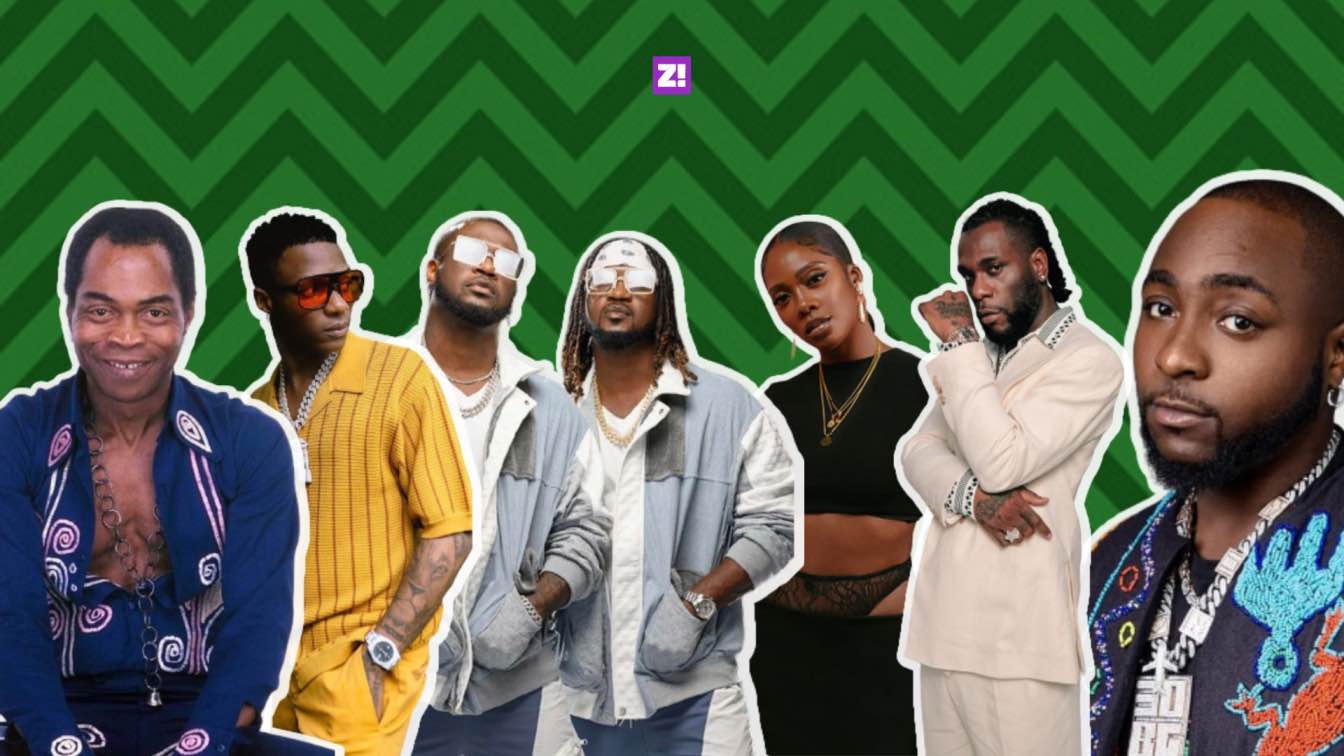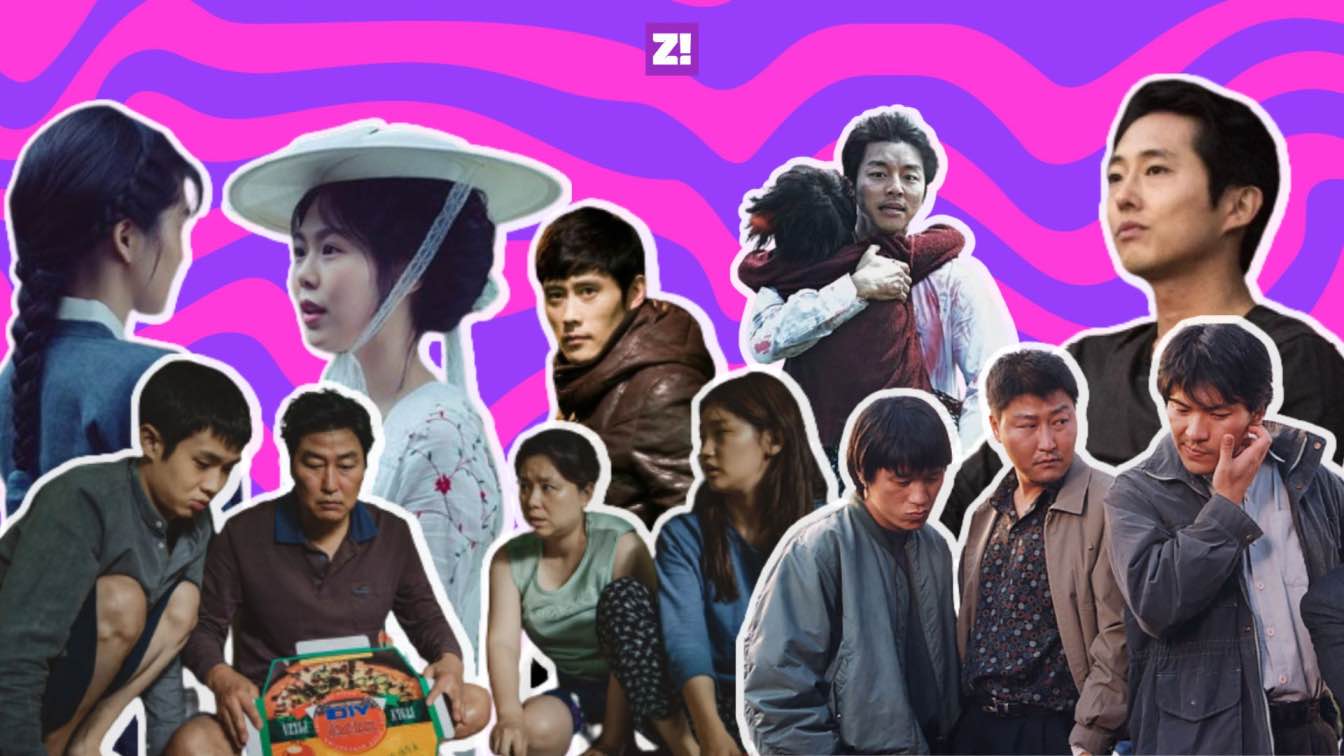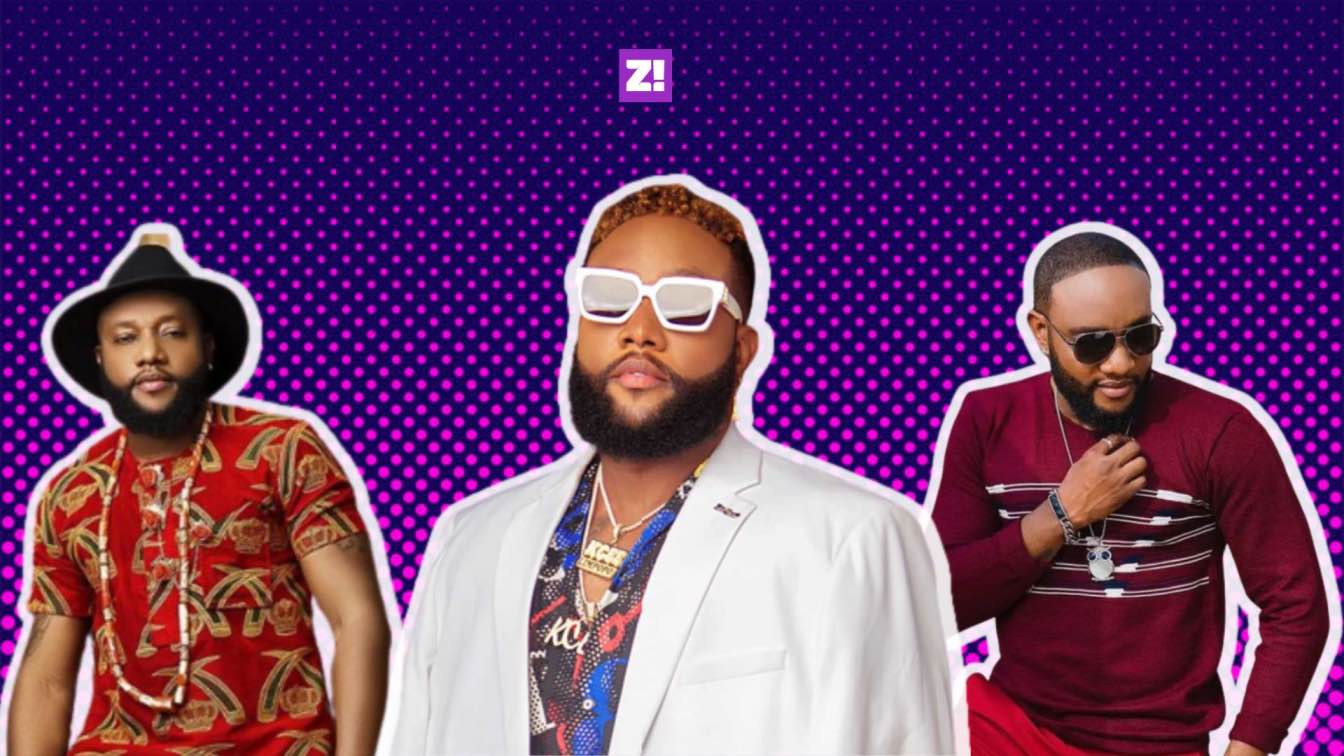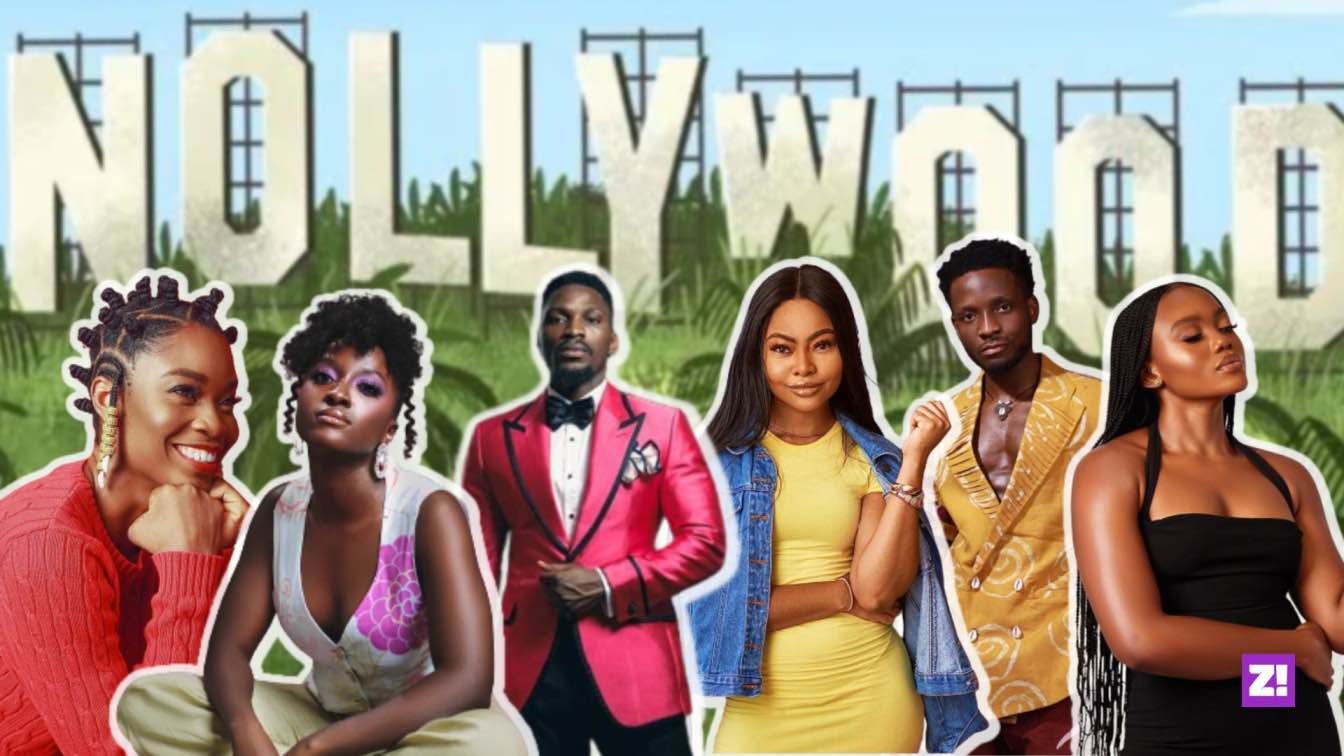If there’s one thing that’s become common with elections in Nigeria, it’s the announcement that one or two of our fave celebrities will be running for office. In 2022 alone, we’ve gotten announcements from Funke Akindele, Tonto Dikeh, Yul Edochie and Carolyna Hutchings — we’re sure there’s going to be more.
With politics also working as a popularity contest, I’ve taken it upon myself to investigate this transition from red carpet and TV screens to the corridors of political power.
Not the first time
The celebrity to politician narrative is not new to Nigerians or elsewhere in the world. And in Nigeria, specifically, there’s a history of celebrities running for office — and winning — long before those running for office next year.
Desmond Elliot won a seat in the Lagos State House of Assembly in 2015, and way before him in 2003, NTA TV presenter Abike Dabiri contested and won a seat in the National House of Representatives.
These wins aren’t shocking. After all, elections are in fact popularity contests, and who better to excel at something like this than the actors, athletes and singers whose lives — fictional and otherwise — play out on our screens daily.
While the recognition may place celebrities one step ahead of some of their competitors, their political dreams don’t always come to pass, with top Nollywood stars like Kate Henshaw, Banky W and Kanayo O. Kanayo having lost elections over the years.
RECOMMENDED: Which Nigerian Song Accurately Describes Our Presidential Candidates?
From endorsers to contenders
Once upon a time, celebrities were only involved in politics whenever they were “inspired” to throw their weight behind a candidate in one of those cringe worthy videos that always felt forced. Another entry point into politics in the mid-2000s that also became popular was state governors handing out “Special Adviser” roles on random issues to Nollywood celebrities like party rice.
“Celebrities aren’t much better or worse than any of the other types of people running for office,” says Zikoko Citizen Editor, Samson Toromade. “The reaction to celebs doing the same just stems from the fact they’re usually more well-known already and there’s a see-finish angle to it.”
But do celebrities taking up political roles work out well for the Nigerians they’re supposed to serve?
Looking at the cases of Desmond Elliot and Abike Dabiri — two veterans with infamous transitions — I have my doubts. Desmond Elliot is known more for his insensitive statements during the #EndSARS protests and that infamous wooden bridge than he is for achieving anything positive for his constituent.
Similarly, Abike Dabiri has sunk from being the icon who stood firmly against former President Olusegun Obasanjo’s third-term agenda to becoming a rally host who likes to famz and give and Twitter shoutouts in her spare time.
This is not to say celebrities going into politics is bad, but when I look at the material before me, it’s not saying it’s a great idea either. But is it the celebrities or the trope that power corrupts?
Social media publicity stunts
Social media’s chokehold on us as a people and, inadvertently, our political process cannot be taken for granted. Funke Akindele announced her bid on Instagram even before making an official statement to the press. Carolyna Hutchings, Banky W and Yul Edochie have all done the same.
But with social media and politics becoming new ways to get audience attention, Samson also thinks some of these announcements are nothing more than daylight clout-chasing. “I guess everyone wants a bite of the national cake? It’s hard to tell,” he admits. “Some of them also come off as publicity stunts because they’re mostly on platforms that don’t have any real chance of actually winning the election.”
Do voters even care?
Going by the number of celebrities that have won elections, I’m forced to consider that Nigerian voters back then weren’t swayed by celebrity ginger when it came to leadership.
But in an era of increased social media penetration and more Nigerians having to choose the least of evils when it comes to the major political parties, there’s a high chance things might change.
While I stand by my choice, Samson doesn’t see it that way, explaining that a celebrity on a ticket doesn’t significantly swing the contest in any party’s favour. According to him, “A meaningful portion of the electorate won’t be compelled to vote based on “I’ve seen this person on my TV before” energy — a fair point to make. But whether they win or not, every election cycle seems to bring more celebrities with little or no political experience.
While I’m not the biggest fan of this movement, I doubt it will stop anytime soon.
ALSO READ: What Regular Jobs Should These 7 Nigerian Politicians Have?



 (@vpd_2s)
(@vpd_2s) 


